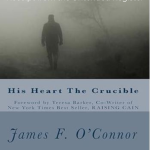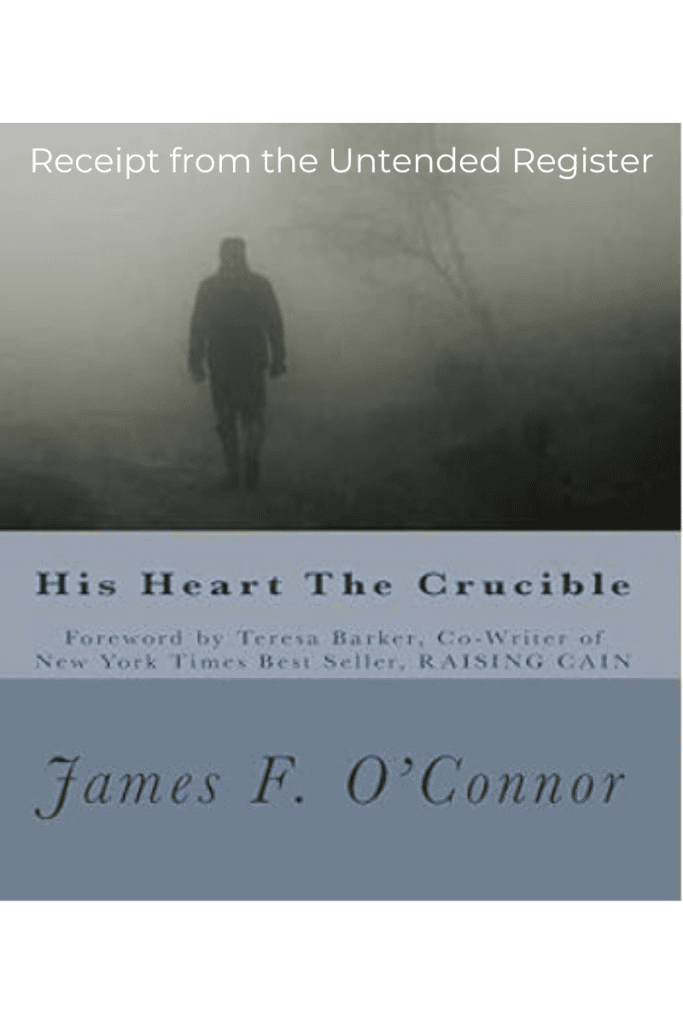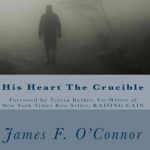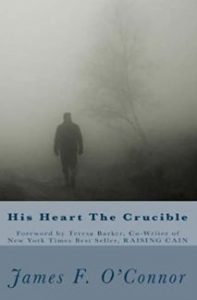
A Receipt from the Untended Register
*Originally published by James F. O’Connor in his 2015 authorial debut, entitled “His Heart the Crucible“*
One civilization’s emblem of liberty implored the world for its tired, hungry, and poor, as if knowing her role as artifice, as sentinel peering eastward throughout the portent of an ever-rising Atlantic–ignoring the ruin at her back as the sea engulfed the torch in her beckoning arm.
Beforehand, in November, Friday fell black and Thursday fell gray, rendering this forecasted yet un-prevented eulogy. ‘I buy, therefore I am,’ the misprint reads on classrooms’ abandoned chalkboards, no attribution given.
November earmarked this darkening nation’s path each year, but darkness on this path did not matter–for so many inhabitants memorized its route to nowhere. A temporal whisper is all that remains of its past–a receipt of the items that impelled the world to follow this civilization to ruin, a posthumous echo from an era guided by desire and lack of discipline, not freedom.
These prisoners lived life as if it were death and death as if it were life–as slaves to their tinseled suffering and golden handcuffs, enchanted by myths, and enamored by their windowed cages.
‘No Loitering,’ their signs read–signs emblematic of a law so putative it need not be written elsewhere: avoid inaction at all cost, avoid knowing one could survive, even flourish, in peace. Insomuch, unceasing action made them unable to discern right from wrong, and the sacred from the profane.
At one point, this country bore thanks with neither hope nor expectation that selfish indulgences could be fulfilled the following day. As this phenomenon intensified, they claimed what they bought was for others on this day of Thanksgiving, but each year and on the following evening, the untended register, which kept track of what owned them and to what end, and was given to them by God, remains.
The end of November, a synecdoche for the ethos of self, made manifest as gratitude, justified their means of acquiring their possessions. Their imperial leaders enabled this ruin from afar and nearby alike, sacrificing life to protect untenable values through war as Pyrrhic as it was verboten.
They belonged to desire and therefore, to perdition. It was the need for certainty and it was set in stone, but not as they would have it, for it is now set in the stone of forever–gravestone above, and brimstone beneath.



